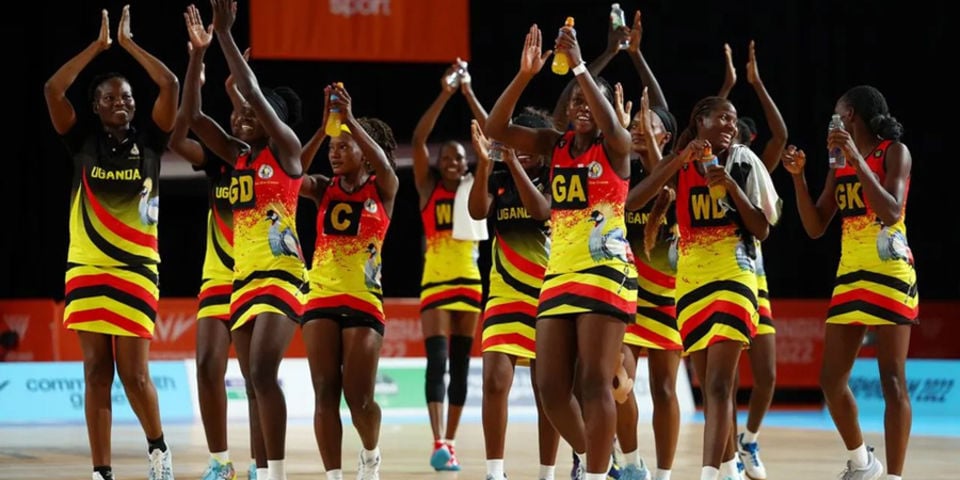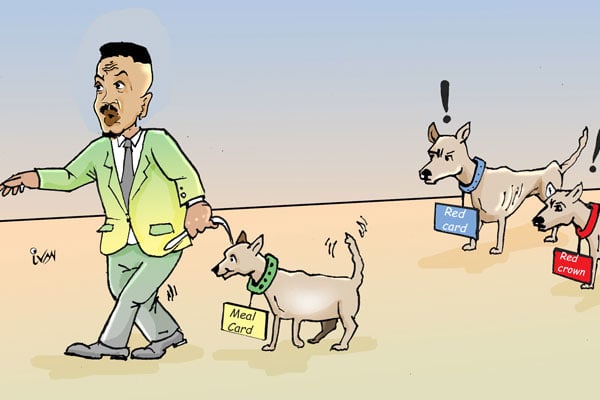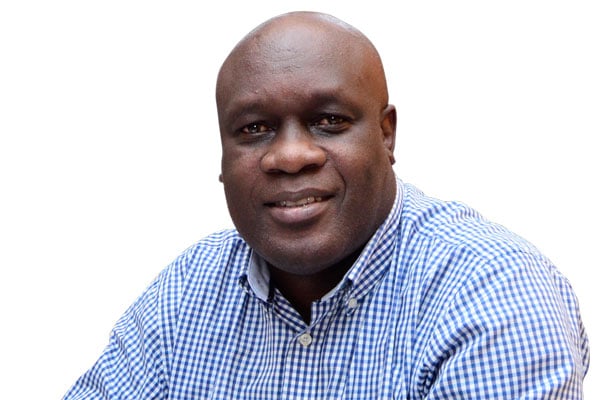Prime
Popular additions to UgLish lexicon

She Cranes dance to popular Babandana song by Grenade Official as they celebrate a win during the Commonwealth Games in England on November 19. Photo/Courtesy
Since its first edition was published in 2014, the UgLish dictionary has each year seen a host of buzzwords and jargon make it to its glossary after capturing the collective consciousness of Ugandans.
Linguist Bernard Sabiiti compiled the UgLish dictionary to illuminate the popular, if strange, phrases and words used in Uganda’s everyday vocabulary that draw a frown from foreigners.
The under-educated people as well as ardent social media users are the greatest contributors to the UgLish dictionary’s lexicon and generative syntax.
Over the years, they have showcased considerable ingenuity in inventing new words, often translated rather directly from their mother tongues.
The generative syntax is also usually informed by phrases and lines picked up from trending songs or events on social media spaces. This year has seen a string of additions to the UgLish dictionary, with the peak undoubtedly being Babandana.
A noun, it means people who live life to the very maximum without minding what the following day brings. The Babandana associate a lot of copying trends after someone takes it on and they shine.
An allusion to artiste Grenade Official’s chart-topping hit, Babandana, has influenced an entire generation of ghetto boys and a section of youthful wannabes. This has helped the song to top charts for three months now and counting while also shooting Grenade to stardom.
Murife is another 2022 addition to the UgLish dictionary that has been warmly received. Put simply, Murife means a thief. It traces its roots to a famous viral video of a baby running and being called out. It relates to how thieves keep running whilst being called out.
Mujja kiwulira, popularised by Opposition leader Robert Kyagulanyi Ssentamu, alias Bobi Wine, was also a popular addition to the UgLish lexicon this year. Loosely translated as “You will feel it”, it is used as a reverse psychology with power to change certain things.
The status quo, however, remains the same and as a result, someone is also affected by the circumstances of their failure to do their job. For example, those that fail to provide medicines in hospitals also lack those very medicines.
The generative syntax of Zex Bilanjilangi also carried a lot of sway this year. It basically means someone who bleaches and can be seen and identified as such. Its roots can be traced back to a local artiste’s name, Zex Bilanjilangi. The word bilanjilangi loosely translates to a combination of many colours, the fate that people who bleach have to live with.
Okwokya or Oyokyezza, translated to mean messing up, was a widely popular verb this side of the year. A deal or a programme could for example be messed up by doing otherwise, usually by not following instructions or doing as expected.
Suffixes to nouns were also common additions to the UgLish dictionary in 2022. Take Nansanana that alludes to the Kampala Suburb, Nansana. Or Nyegenyegenya that adds the suffix “na” to the popular Nyege Nyege Festival. Both Nansanana and Nyegenyegenya were derived from one of the many songs produced from the Babandana series.
There was also the odd gendered generative syntax. Okukuba oluseke threatened the place of its cousins and mainstays in the UgLish dictionary, detoothing and okukuula. It is persuading a person to incur a certain expense to your personal satisfaction.
It may be a business that you want them to give you services for free, money for free, among many other things. This is usually in gender power dynamics.
Other popular 2022 entrants to the UgLish dictionary include; Bamututte Dda (used to indicate that someone moved on or was dumped—informally speaking) and Tooka Wacha Wewe (meaning to move away).





